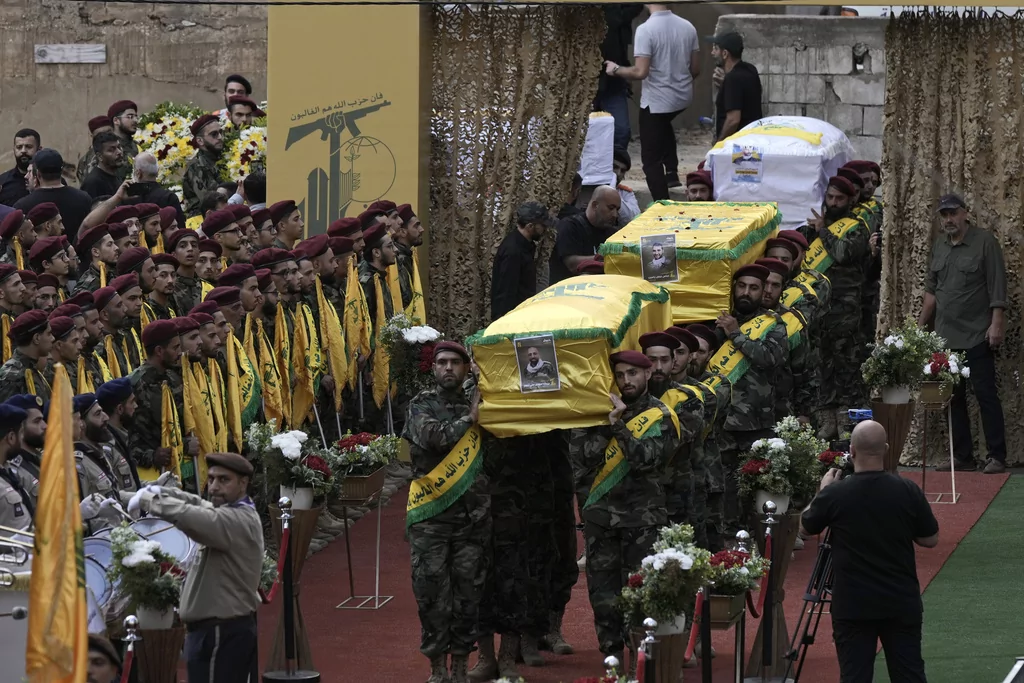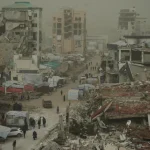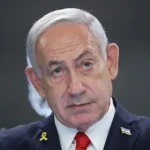

Israel carried out its mass detonation of Hezbollah pagers in Lebanon after fears that the militant group was on to the operation.
Israeli intelligence suspected that one of the most daring espionage operations in recent history was about to be uncovered, prompting it to be carried out early, three U.S. officials told Axios. Al-Monitor reported the concerns, alleging two Hezbollah members raised suspicions about the devices days before the attack.
“It was a use it or lose it moment,” one of the U.S. officials said.
Despite the apparently premature attack, it appears to have been a wild success, causing thousands of injuries and crippling Hezbollah’s communications network.
A former Israeli official with knowledge of the operation said it was originally intended as a preemptive strike for an all-out war against Hezbollah.
Israeli Prime Minister Benjamin Netanyahu, Defense Minister Yoav Gallant, and other Israeli officials engaged in hours of security consultations around the matter in the days preceding the attack, including when top Biden adviser Amos Hochstein was visiting the country. Hochstein wasn’t given any information or hints as to the operation. The only notice the United States was given was a call from Gallant to Defense Secretary Lloyd Austin minutes before the attack. Gallant gave Austin a vague notice that an operation was about to begin.
Israel followed up the Tuesday attack with the mass detonation of Hezbollah walkie-talkies on Wednesday, killing at least nine and injuring over 300, with the totals expected to rise.
Axios, which cited two sources familiar with the matter, reported that thousands of Hezbollah walkie-talkies were blown up across Lebanon. They were booby-trapped long in advance by Israeli intelligence and delivered to Hezbollah, which had ordered them as part of the group’s emergency communications system to be used in the event of a war with Israel.
United Nations Secretary-General Antonio Guterres, reflecting the Israeli official who said the operation was originally intended to be a preemptive strike ahead of an all-out war, voiced his concern that the operation was a preemptive strike in a possible Israeli invasion of Lebanon.
“The logic of making all these devices explode is to do it as a preemptive strike before a major military operation,” he said at a press conference shortly after the attack. “So as important as the event in itself … is the indication that this event confirms that there is a serious risk of a dramatic escalation in Lebanon, and everything must be done to avoid that escalation.”
CLICK HERE TO READ MORE FROM THE WASHINGTON EXAMINER
Lebanese Foreign Minister Abdallah Bou Habib echoed this sentiment, saying the attacks could serve as an omen for a wider war.
Gallant announced shortly after the attack that Israel was “opening a new phase in the war” and that the “center of gravity is shifting to the north through the diversion of resources and forces.”






